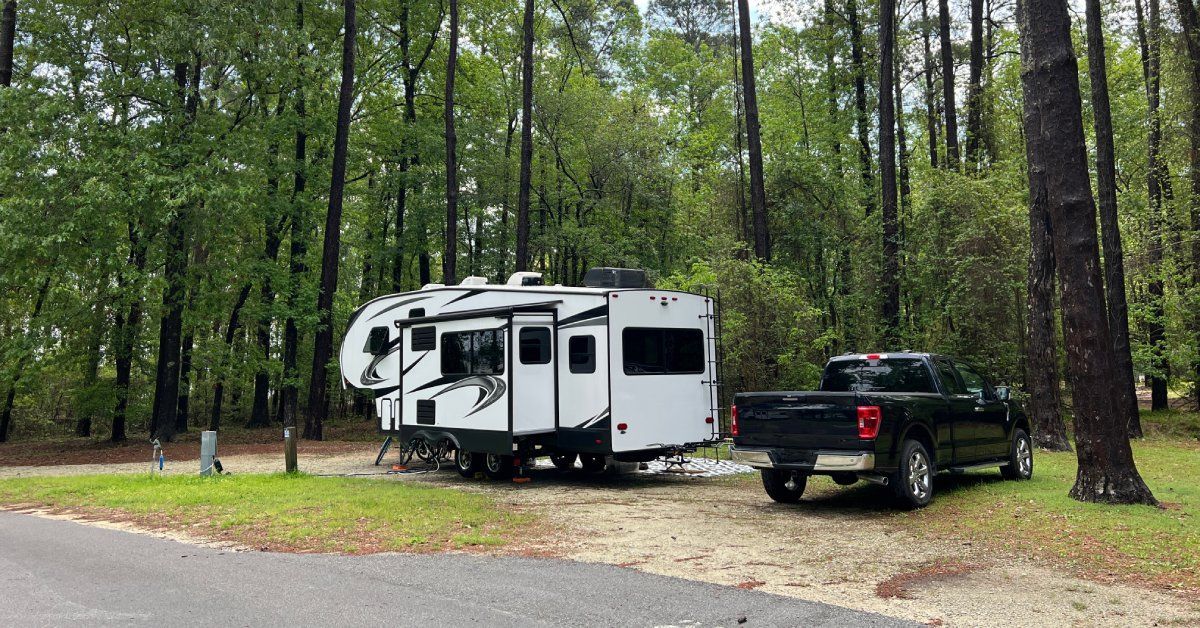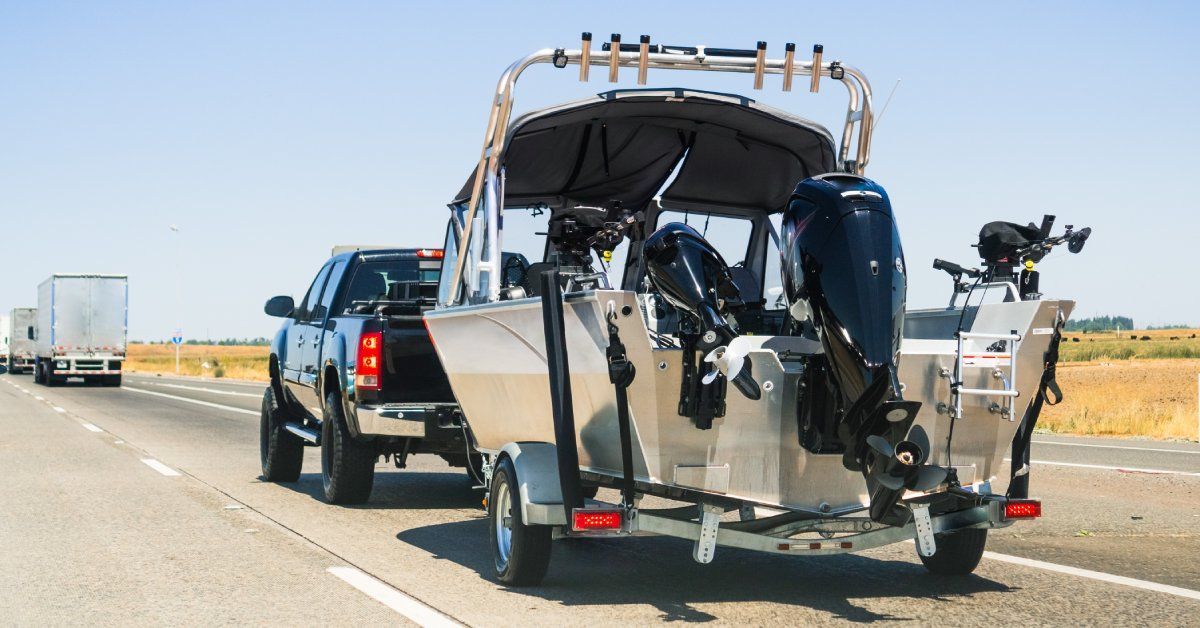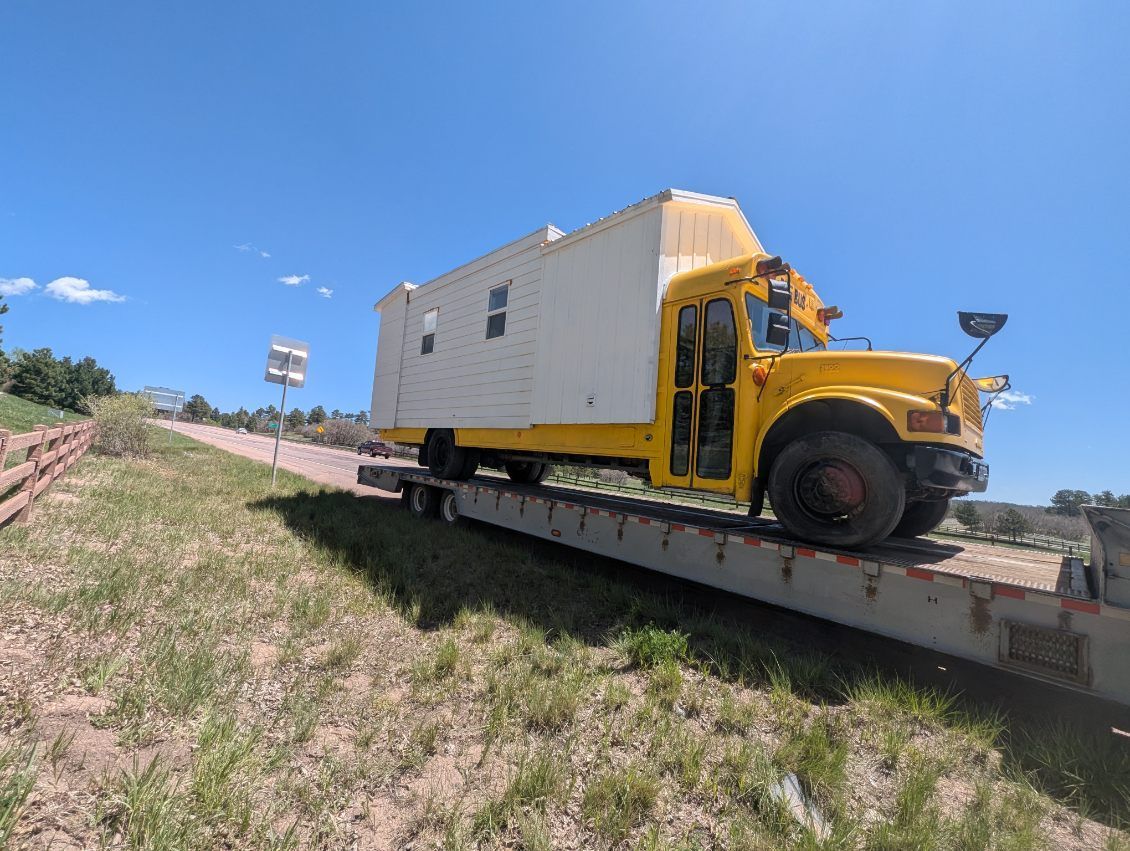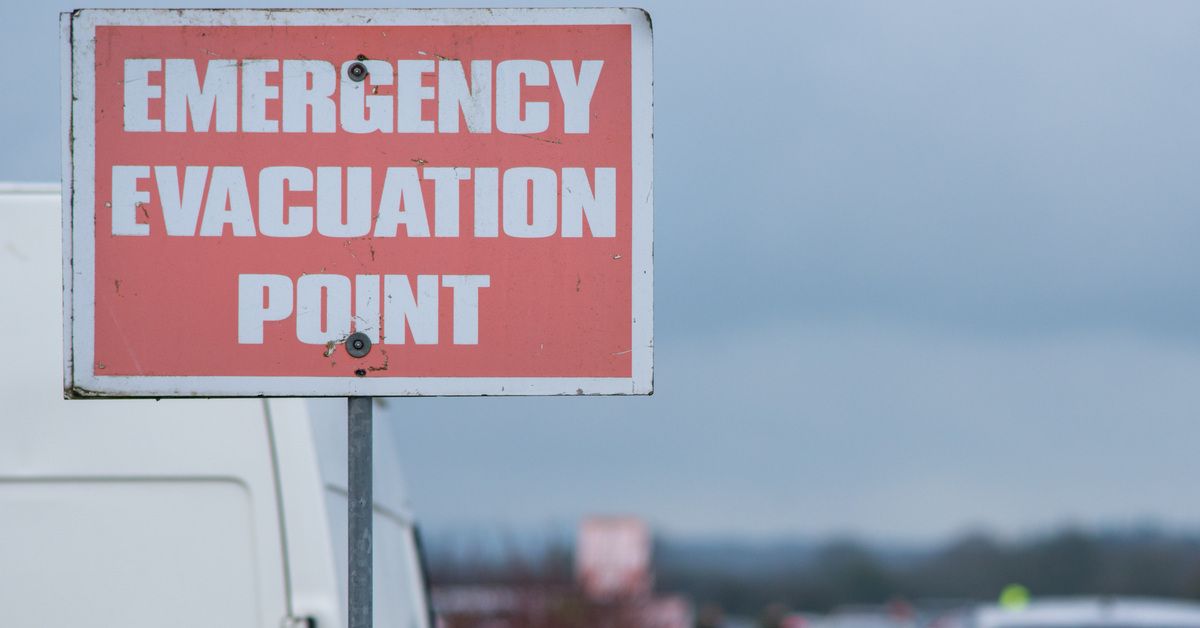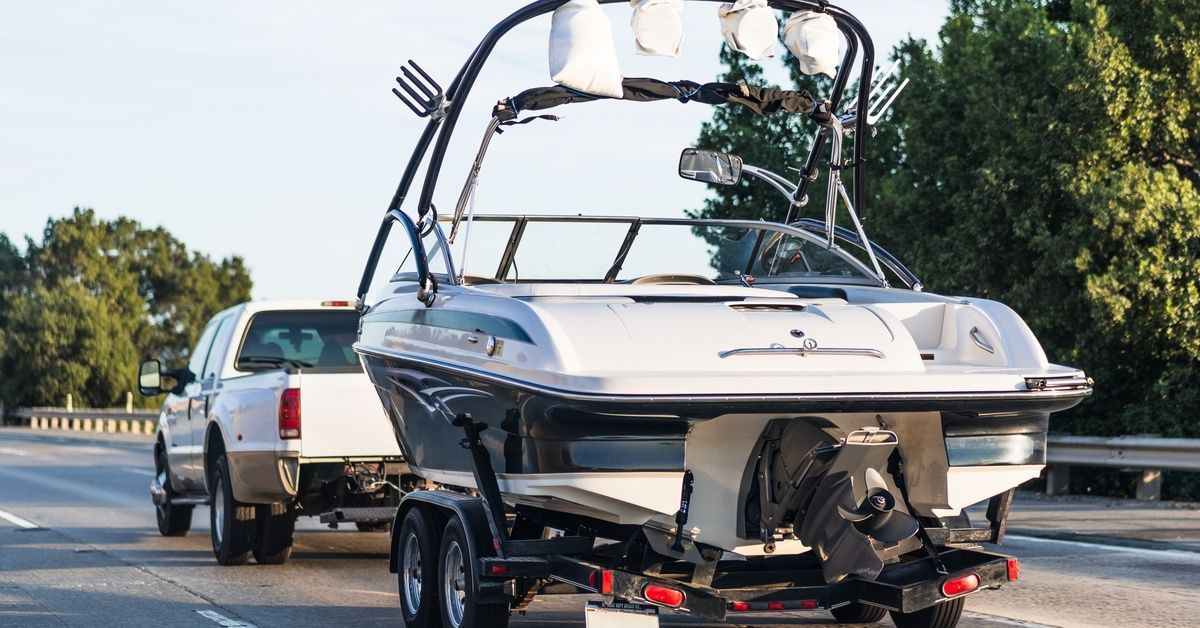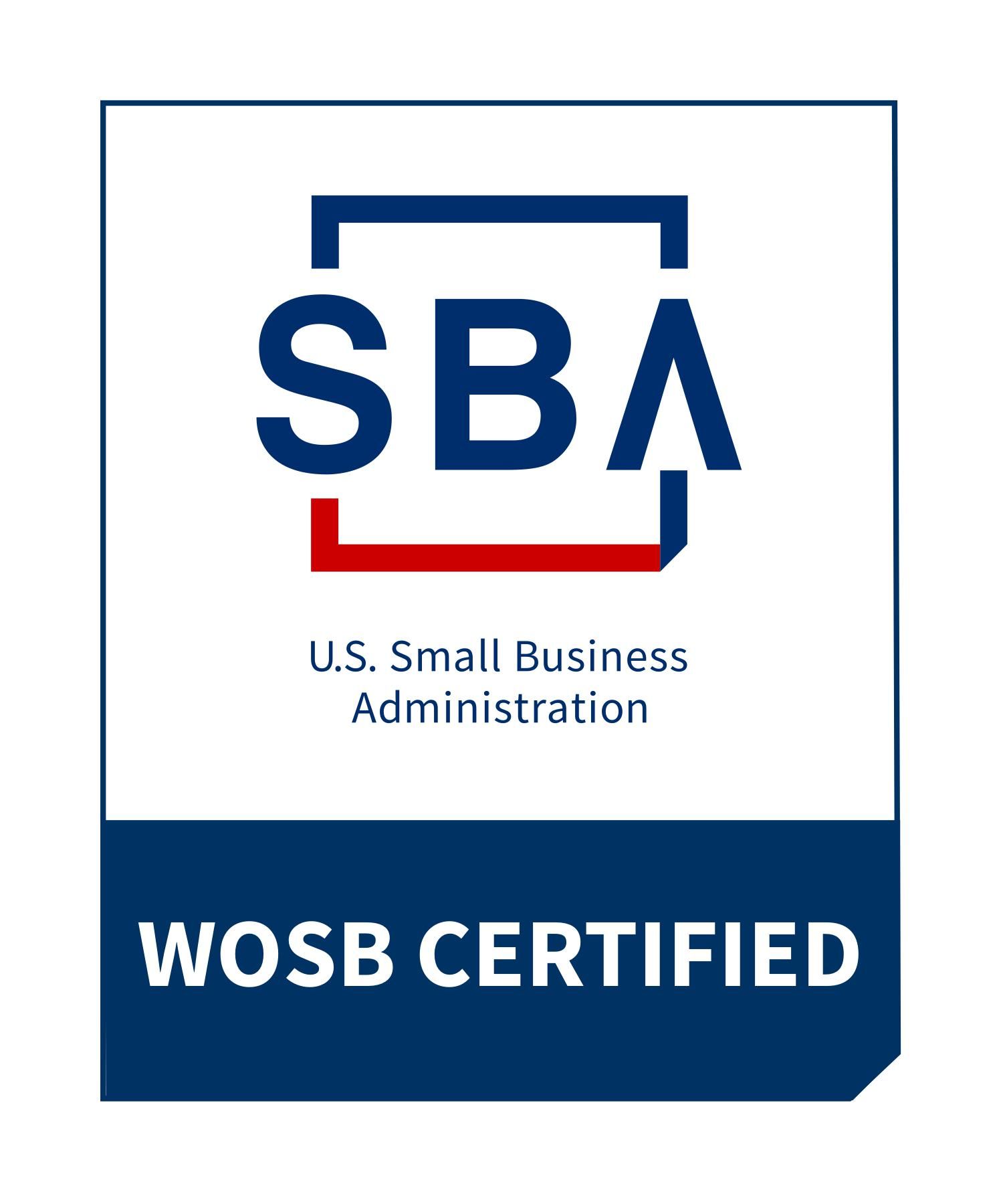Important Factors to Consider Before Buying a Boat: Transporting Your Vessel with Ease
- By Amy Harper
- •
- 29 Jan, 2025
- •
Purchasing a boat is an exciting adventure, but before you dive into the world of boat ownership, one critical consideration is transportation. Whether you’re purchasing a small fishing boat or a luxury yacht, understanding how you'll move your boat from place to place is essential for a smooth and stress-free experience. There are several important factors to consider when it comes to transporting your boat, and in this blog post, we’ll break down some of the key elements to keep in mind.
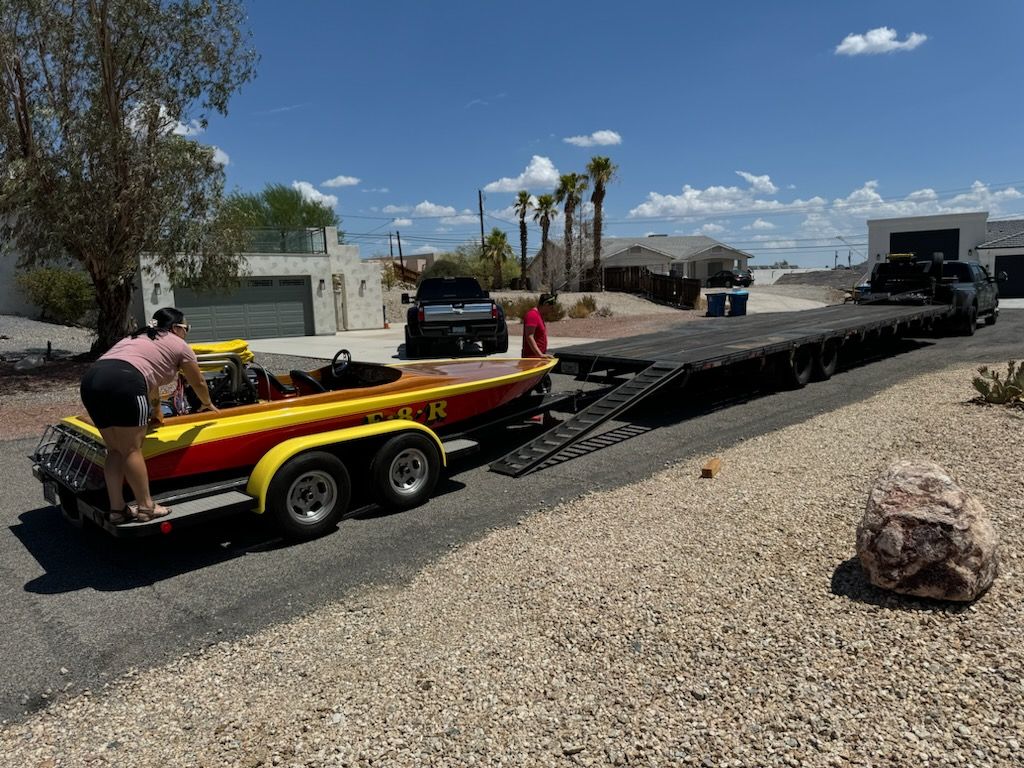
- Larger boats will require specialized transport.
- Consider both weight and length to determine trailer size.
1. Boat Size and Weight
The size and weight of your boat will play a huge role in how you transport it. Large boats such as yachts or cruisers require specialized trailers and towing equipment, which might involve hiring a professional transport service. On the other hand, smaller boats like kayaks or inflatables may be easier to transport by car or truck. Always measure your boat and consider its total weight before making a purchase, as this will help you determine the appropriate type of trailer and vehicle needed for transportation.
Key Points:
- Choose between bunk or roller trailers based on your boat type.
- Make sure the trailer is compatible with your boat’s size and weight.
2. Trailer Type and Compatibility
When transporting a boat, the trailer is your best friend. Not all trailers are created equal, and you’ll need to select one that fits the specific size and shape of your boat. There are two main types of trailers to consider: bunk trailers and roller trailers. Bunk trailers provide more support and are often ideal for larger, heavier boats. Roller trailers are more suited for lighter vessels and allow easier launching and retrieval.
Make sure the trailer you choose is compatible with your boat, and check for any additional features you might need, such as adjustable rollers, brakes, or larger tires for off-road use.
Key Points:
- Ensure your vehicle’s towing capacity can handle your boat.
- Invest in quality towing equipment for safety.
3. Towing Vehicle
Not every car or truck is capable of towing a boat. Your vehicle's towing capacity is critical to ensure that it can safely handle the boat's weight. Be sure to check your car or truck's manufacturer specifications to find the maximum towing weight it can handle. Additionally, consider the towing equipment you’ll need, such as a high-quality hitch, tow bar, and safety chains.
It’s important to note that if you plan on towing a larger boat, you may need a heavy-duty vehicle or even a professional towing service. For example, towing a 30-foot yacht would require a much more robust setup than towing a 14-foot fishing boat.
Key Points:
- Be aware of local transport regulations.
- Check if you need a permit for oversized loads.
4. Permits and Regulations
Transporting a boat, especially across state lines or through busy urban areas, may require specific permits. Many areas have laws around oversized loads, and you may need to arrange for a special permit or an escort vehicle if your boat exceeds certain size or weight thresholds. It’s also important to check with local authorities to understand any restrictions on road use or boat transportation in your area.
Key Points:
- Assess the distance and terrain before deciding how to transport your boat.
- Ensure your destination has adequate space and facilities.
5. Distance and Destination
Where you’re planning to transport your boat to is just as important as how you plan to get it there. If you're moving your boat within a short distance, you may be able to tow it with your own vehicle. However, if the journey is longer or involves rough terrain, you might want to consider hiring a professional boat transport service.
Additionally, think about where you’ll store the boat once it reaches its destination. Will you need a marina slip? Are there boatyards or storage facilities available? If the transportation involves navigating narrow streets or tight spots, ensure that the destination is accessible for large trailers and vehicles.
Key Points:
- Professional transport services are ideal for large boats or long-distance moves.
- DIY transport is an option for smaller boats, but requires experience.
6. Professional Boat Transport vs. DIY
For boats that are large or require special handling, many boat owners opt to hire a professional transport company. These companies specialize in moving boats safely and efficiently, often providing additional services like loading, unloading, and securing the boat for transport.
For smaller boats, some people choose to take a DIY approach, using their own vehicle and trailer. If you choose this route, make sure you're comfortable with towing and have experience in handling a boat on the road.
Key Points:
- Plan ahead if you're transporting a boat during peak season.
- Weather conditions can affect transport, so be prepared.
7. Seasonal Considerations
The time of year when you plan to transport your boat can impact the process as well. During peak boating season (spring and summer), there may be higher demand for boat transport services, meaning you may have to book in advance or deal with potential delays. Additionally, traveling during winter months could involve navigating snow, ice, or wet conditions, so be sure to factor in weather conditions when planning your transport.
Key Points:
- Conclusion
Transporting a boat is not a one-size-fits-all endeavor. Whether you're towing it yourself or hiring a professional, there are many factors to consider when deciding how to get your boat from point A to point B. Take the time to understand your boat’s size, weight, and compatibility with towing vehicles and trailers, and always be aware of legal regulations and permit requirements. With careful planning, transporting your boat can be a straightforward and enjoyable part of your boating experience.
Happy boating, and may your journeys be smooth and safe!
Don't forget to call One Call Logistics for all of your boat transport needs.
(800) 674-8441
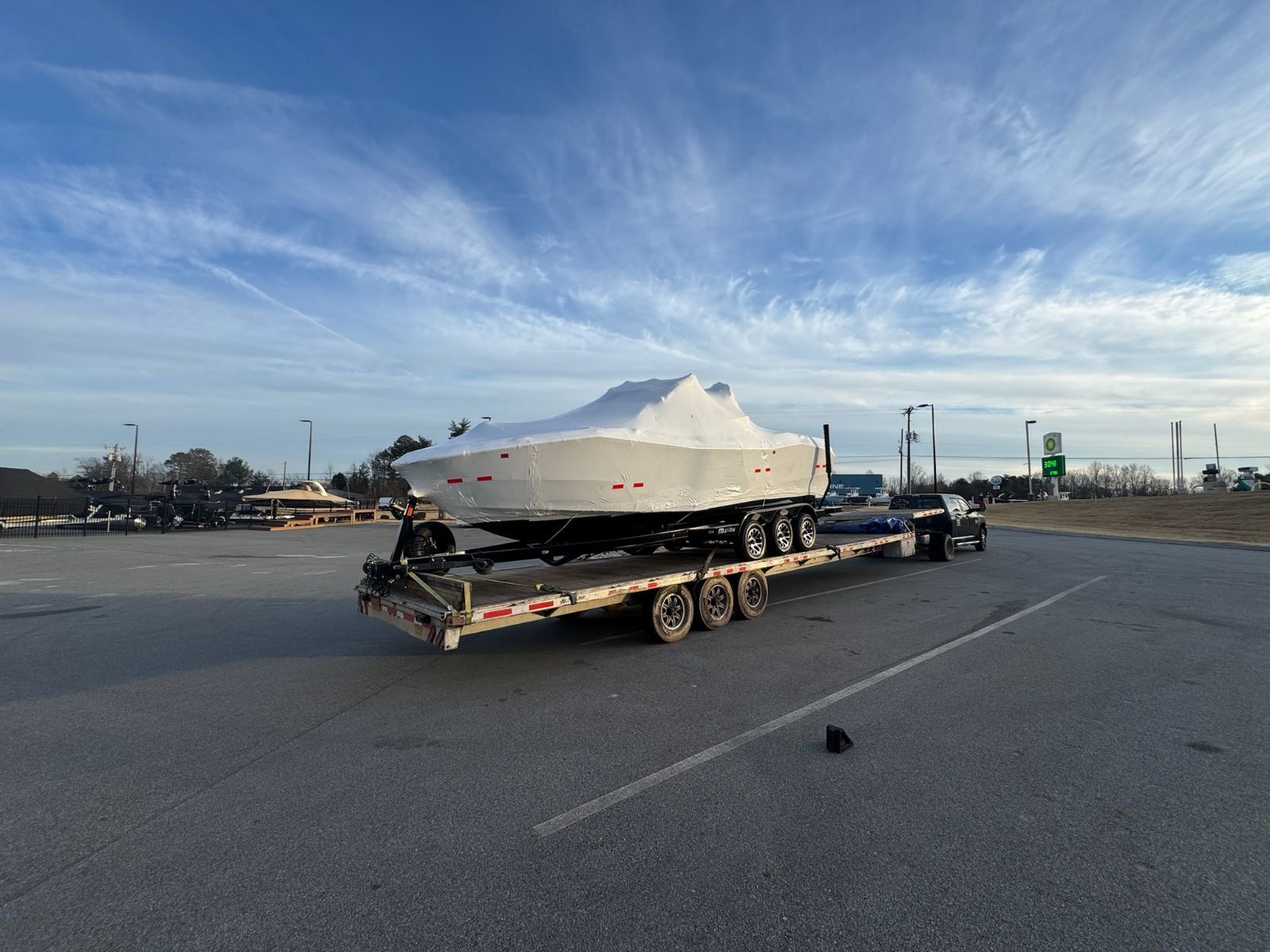
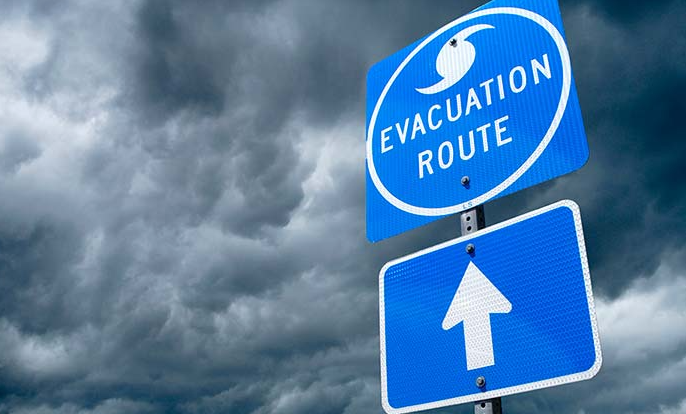
Hurricane Preparedness for RV Owners: A Guide to Staying Safe and Secure
When hurricane season rolls around, RV owners must be extra vigilant about preparing their vehicles for extreme weather. The combination of mobility and vulnerability makes RVs both a blessing and a curse during storms. While it’s tempting to stay in your RV, it’s important to take extra steps to ensure both your safety and the safety of your vehicle.
Whether you're a full-time RVer or just using your RV for weekend getaways, here's a comprehensive guide to help you prepare for hurricanes and stay safe during the storm.

